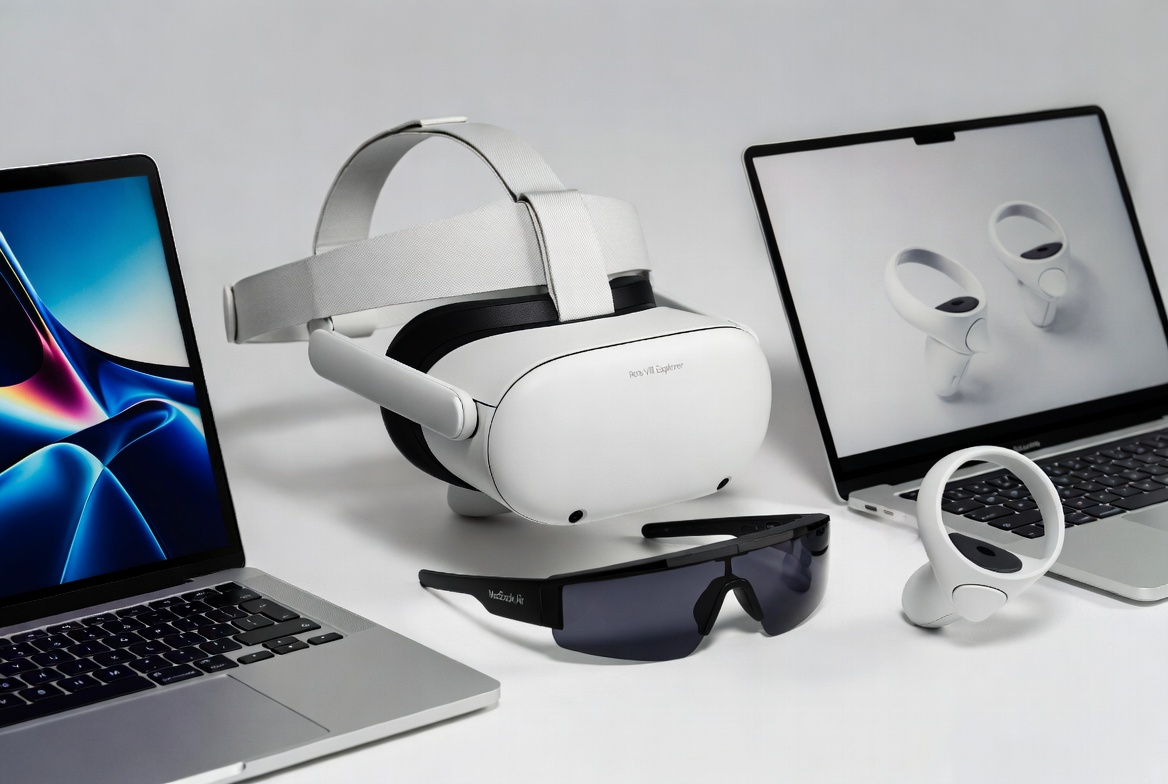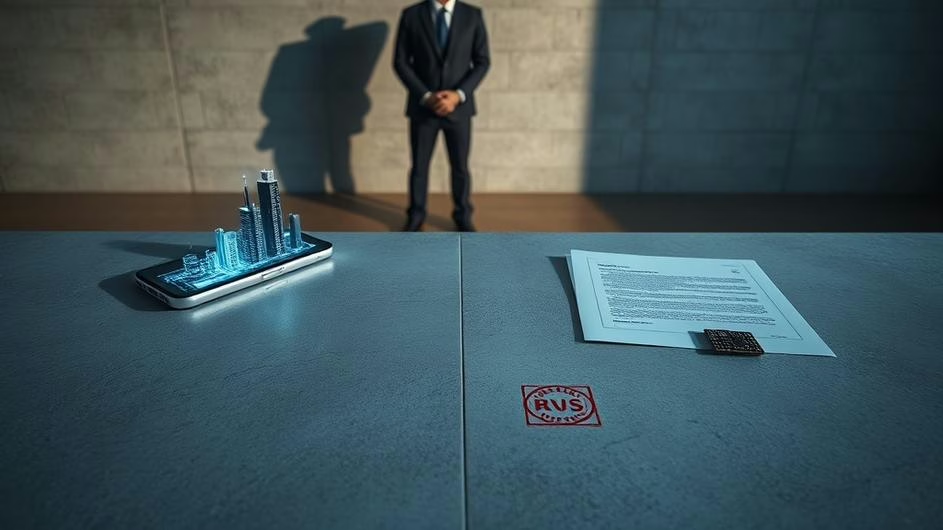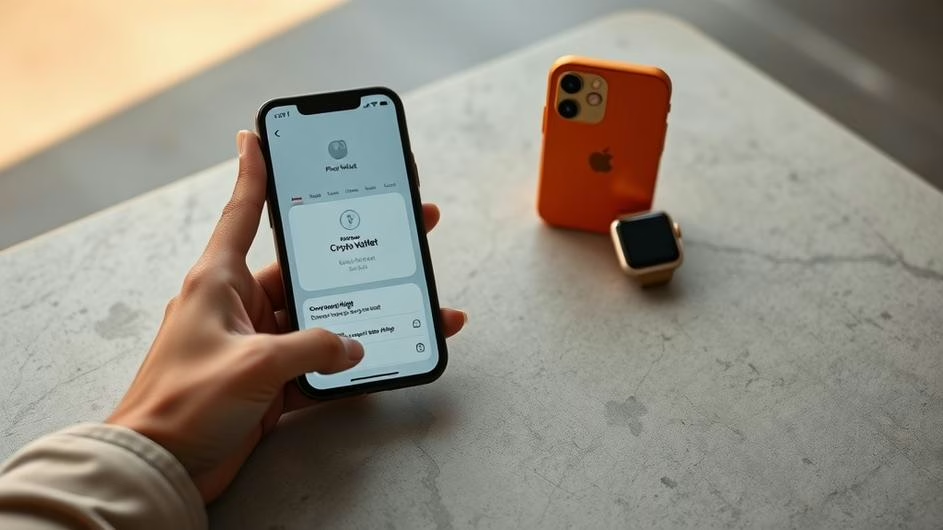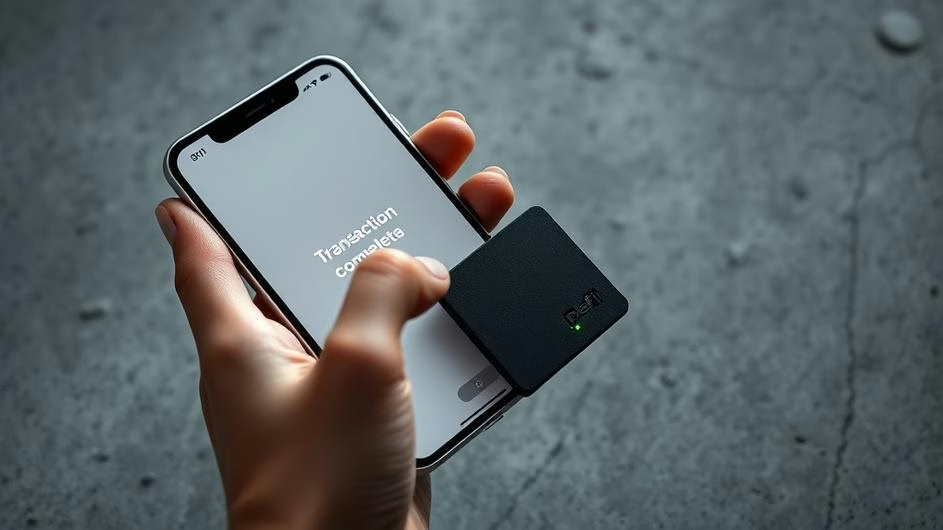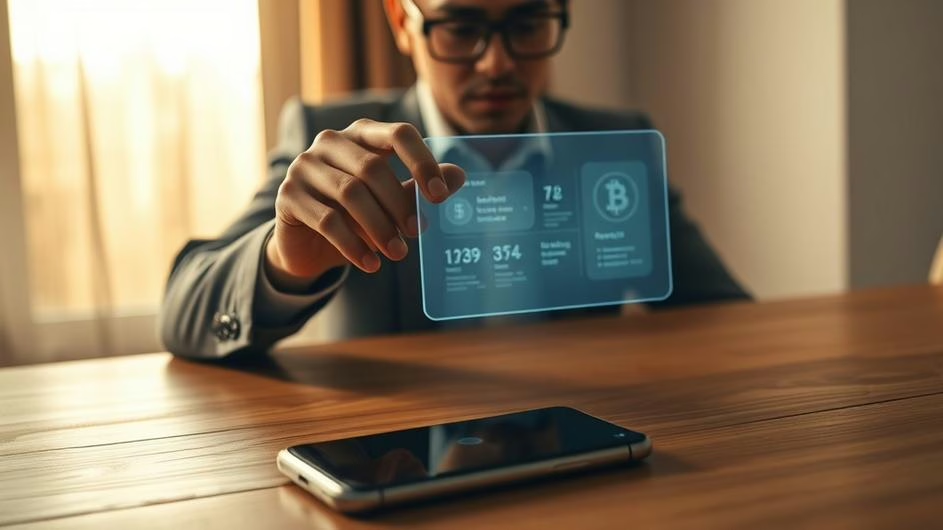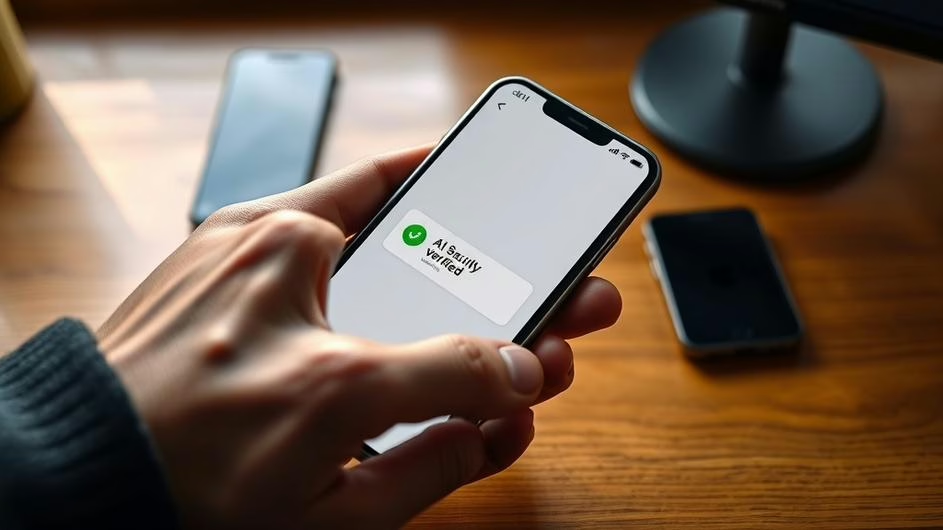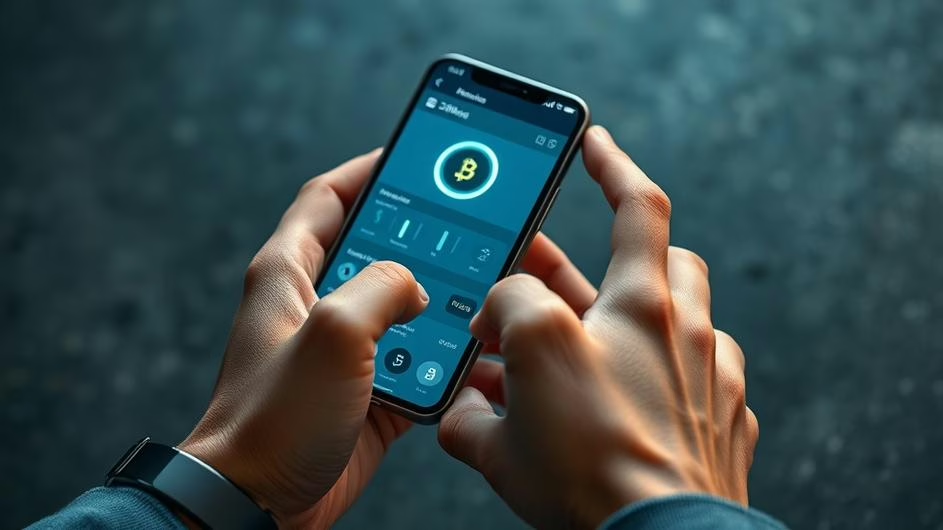
Apple Accuses Former Employee and Chinese Company of Trade Secret Theft
When you think about corporate espionage in tech, you might picture shadowy hackers or elaborate spy movies. But sometimes the biggest threats come from within. That’s exactly what happened at Apple when an engineer with access to the company’s most guarded secrets allegedly decided to take a very lucrative detour to China.
The tech world is buzzing about this case, and honestly? It’s wilder than fiction. We’re talking about an inside job that could’ve handed competitors years of Apple’s hard-earned research on a silver platter. Let’s dive into how this digital heist unfolded and why it’s got everyone in Silicon Valley looking over their shoulders.
The Man Behind the Betrayal
Meet Jizhong Chen, a hardware engineer who had what most techies would consider a dream job. He wasn’t just any Apple employee – this guy had access to Project Titan, Apple’s ultra-secret self-driving car project. Think about that for a second. We’re talking about blueprints for Apple’s automotive future, the kind of stuff that could revolutionize how we think about transportation.
But Chen apparently saw dollar signs instead of innovation. According to investigators, he systematically downloaded thousands of files containing everything from technical manuals to proprietary schematics. We’re not talking about a few PDFs here – this was a comprehensive data grab that included critical test data and project reports. The scope was absolutely staggering.
What makes this even more jaw-dropping is how calculated it all was. Chen wasn’t just randomly grabbing files; he knew exactly what he was looking for. Having legitimate access made him the perfect inside threat – no need to hack his way in when the door was already open.
How Apple Caught the Digital Thief
Here’s where Apple’s paranoia about security actually paid off. The company has invested heavily in cybersecurity measures that would make Fort Knox jealous. Their internal monitoring systems are designed to catch exactly this kind of unusual behavior.
The red flags started popping up when Chen’s digital footprint went haywire. Picture this: an engineer suddenly accessing massive amounts of data outside his normal work scope, downloading files at odd hours, and transferring information to personal devices. Apple’s security algorithms basically started screaming “Something’s not right here!”
What Chen probably didn’t realize is that in today’s digital world, true deletion is almost impossible. Even after he tried covering his tracks by deleting files and encrypting drives, Apple’s forensic teams were able to piece together his activities. They found screenshots of sensitive documents and clear evidence of unauthorized data transfers. The digital breadcrumbs led straight back to him.
The Great Escape That Never Was
This is where the story gets really dramatic. Picture Chen at San Francisco International Airport, probably thinking he’d pulled off the perfect heist. He’s got his ticket to China, likely with promises of a lucrative position at a Chinese autonomous vehicle company dancing in his head.
But Apple had already alerted the FBI, and federal agents were waiting. Just hours before his flight was supposed to take off, they arrested him right there at the airport. Can you imagine the shock? One minute you’re boarding a plane to your new life, the next you’re facing federal charges for trade secret theft.
This arrest sent shockwaves through the tech industry. It was a clear message: try to steal American technological secrets, and we’ll hunt you down no matter how close you get to escaping.

Why This Case Matters Beyond Apple
The Chen case isn’t happening in a vacuum. It’s part of a much larger pattern that has U.S. authorities seriously concerned. Apple has been increasingly aggressive in protecting its intellectual property, recently taking legal action against other companies over trade secret concerns.
The implications go way beyond one company’s trade secrets. We’re talking about national competitiveness here. When American innovations get stolen and handed to foreign competitors, it’s not just about market share – it’s about maintaining technological leadership on the global stage.
This case also highlights something that keeps security experts up at night: insider threats are incredibly difficult to prevent. You can build the strongest digital walls in the world, but if someone with legitimate access decides to go rogue, your defenses become much less effective.
The Broader Corporate Espionage Landscape
Chen’s case is unfortunately not unique. The tech industry has seen multiple cases of corporate espionage involving foreign entities seeking American technological secrets. What’s particularly concerning is how sophisticated these operations have become.
Industry experts are watching this case closely because it represents a new level of brazenness. The fact that Chen was allegedly planning to take Apple’s autonomous vehicle research directly to a Chinese competitor shows just how valuable this information is considered in the global market.
What Happens Next?
Chen faces serious federal charges that could result in significant prison time. But the real question is what this means for the industry moving forward. Companies are already re-evaluating their internal security protocols and employee monitoring systems.
The case has also sparked discussions about how companies should balance security with employee privacy. After all, nobody wants to work in an environment where every click is monitored, but the cost of insider threats is becoming too high to ignore.
For Apple, this case validates their sometimes-criticized security paranoia. Sure, their secretive culture might seem extreme, but when you’re sitting on billions of dollars worth of research and development, maybe a little paranoia isn’t such a bad thing.
The Chen case serves as a wake-up call for the entire tech industry. In an era where intellectual property theft is becoming increasingly common, companies need to be more vigilant than ever about protecting their crown jewels.
As this case moves through the courts, it’ll likely set important precedents for how similar cases are handled in the future. One thing’s for sure – the days of walking out with company secrets tucked under your arm are long gone, but digital espionage is alive and well. The question is: who’ll be caught next?


